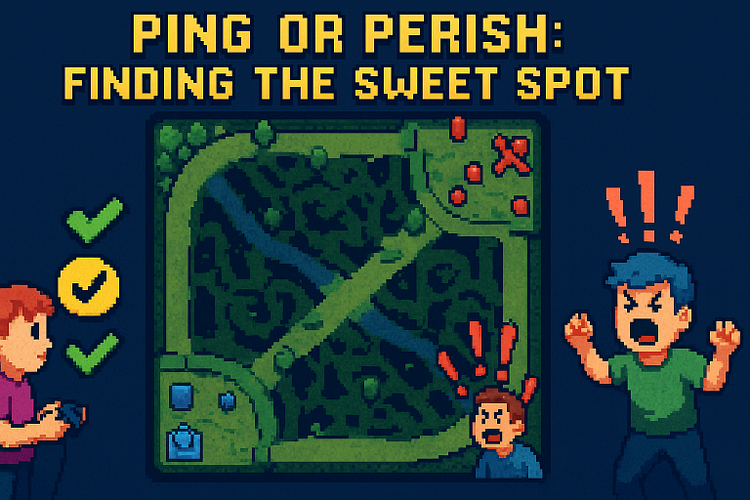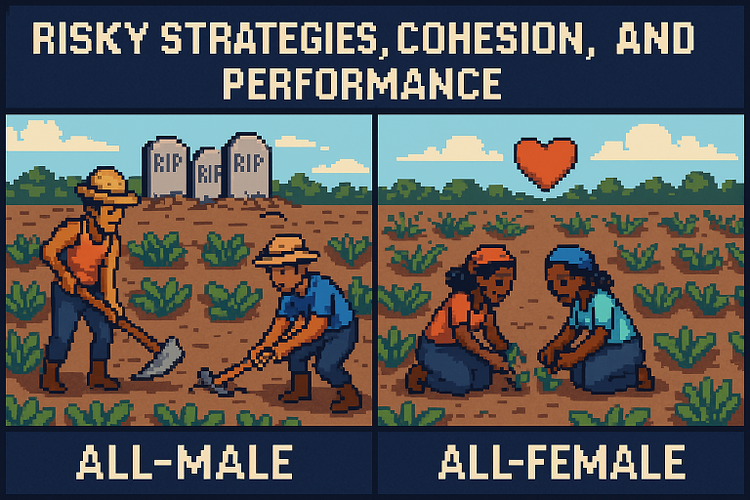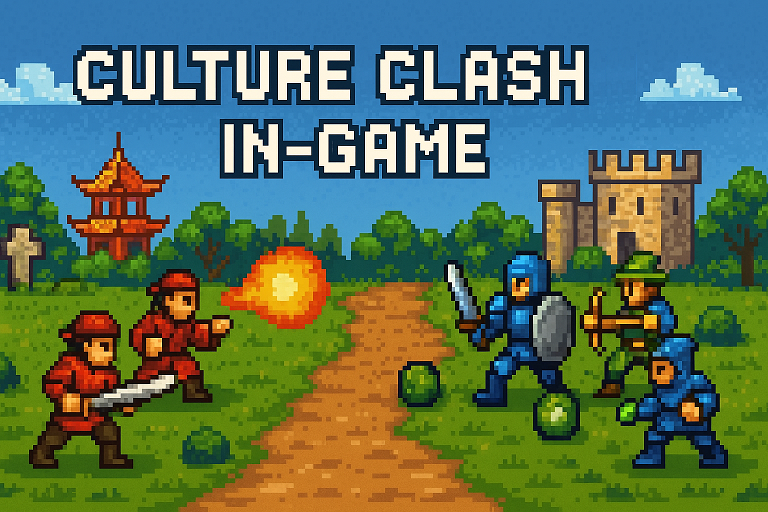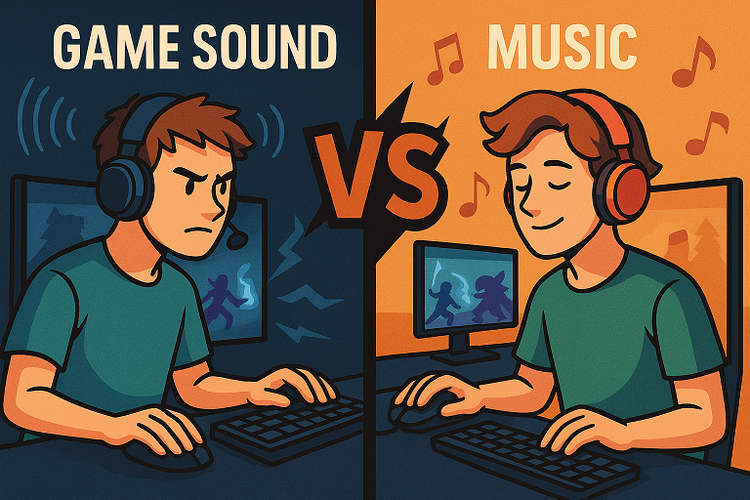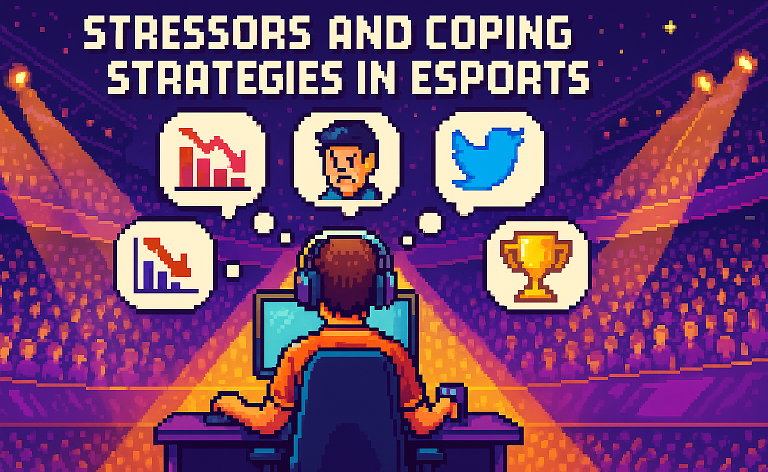Coaching in Esports
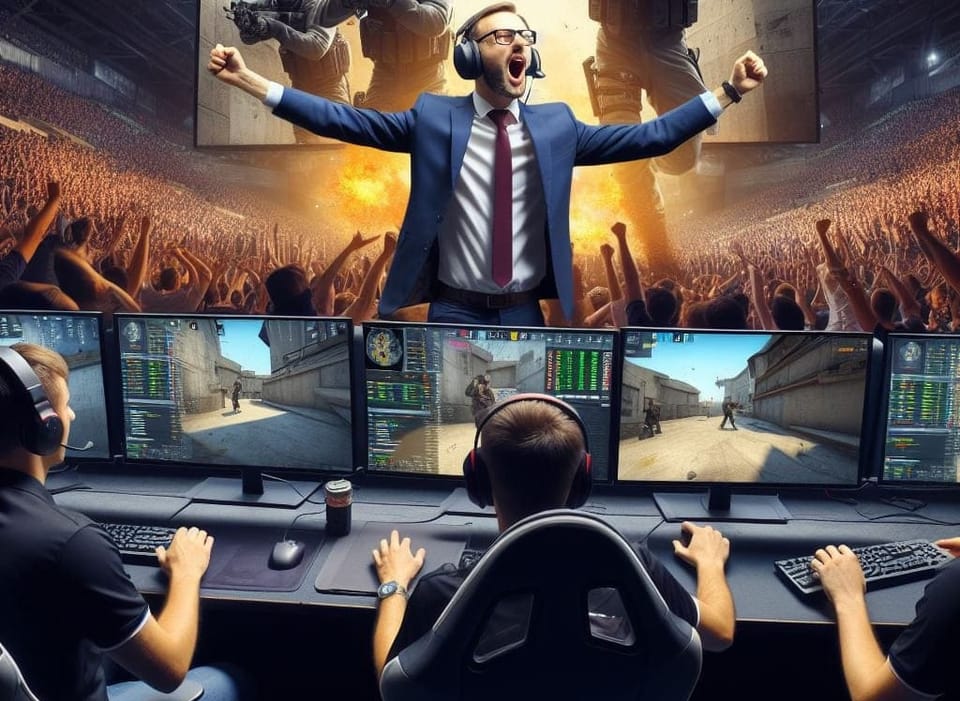
Another work week's in the books; let's finish this week by starting with a new episode of Gaming Science. 💪
As gaming and esports have grown, organizations have put immense emphasis on the players. However, little attention has been paid to coaches. Therefore, in this episode, we will discuss current practices and challenges in coaching esports players from the perspective of team coaches.
• With the increased interest in esports and organization's strive for performance, coaches start to play an ever increasing role.
• Coaches face various challenges, and standard practices aren't yet established.
• Six professional esports coaches report about their challenges, performance assessment methods, training etc.
• There are five key objectives, and four essential skills coaches need.
• Player and coach assessment methods are based on the players and organizations.
• Coaches struggle with keeping players motivated, stress, and "ego-players".
• The coaches expressed their concerns about the increase of illegal substance use such as Adderall and Ritalin.
🕵️♂️ Those behind the Curtains
With the growth of gaming and esports in recent years, players, teams, and organizations are on a constant journey of improving performance because performance = 🤑. In tandem with the demand for better performance, a demand for professional support structures - mainly coaches - has followed.
In the past, the majority of attention has been paid to the individual player or teams. For instance, in the first two years of professional League of Legends, most teams didn't have coaches [1]. However, teams and science eventually started to shed light on the work of those who operate behind the scenes. "Therefore, [the study we are going to look at today] aims to establish a knowledge base for understanding coaching in Esports [...] [1]."
🔦 Coaches in the Spotlight
In order to take a first step in exploring coaching in esports, the authors conducted interviews with six professional esports coaches. Four of them were head coaches, one was an analyst, and one was a general manager. Though questions were given to them in advance to shape the overall theme of the conversations, coaches were free to express their opinions on, for example, performance assessment methods, training, and challenges they face.
📊 What did the Coaches say?
"The role of a coach depends completely on the roster. Each team will need a varying level of skill based on their needs [1]."
The first theme identified in the study was the role of coaches. According to the participants, there is no consensus on the best practices for coaching. However, five key objectives of a coach were named: 1) identify a player's potential and create winning conditions for the team, 2) develop synergy and trust, 3) develop the micro and macro play of the team, 4) set goals to constantly improve, and 5) motivate players to improve and maintain peak performance.
Secondly, coaches require skills in order to lead and improve a team. All coaches interviewed agreed on these four essential skills: 1) leadership, 2) communication, 3) the ability to set goals, and 4) game knowledge. Again, depending on the team, a different coach may be needed. For instance, a team with expert players doesn't need a coach with extensive game knowledge, as they are capable of fixing their in-game-related problems. Instead, they need a coach who can establish a good environment and control the team's discussions.
"[A coaches' performance is] relatively hard to evaluate as their roles involve more qualitative factors [1]."
Outside sources such as fans can impact a team's decisions. The coaches mentioned that "there have been cases where teams removed or recruited players due to community (fan) pressure [1]." With regard to coaches, there is no defined way of recruiting or evaluating them. Usually, the top management asks for players' feedback. Traditionally, coaches were once professional players themselves, making the transition to become coaches.
"What is lacking, however, is a method to evaluate new players (rookies). [...] Solo queue game records [are] not enough to evaluate a player [because] skills such as teamwork and performing under pressure in high-stakes games are hard to assess [1]."
Coaches highlighted that growth potential and communication skills are the most important player values to them. Once the team is set, the practice begins. The coaches explained some of the basic training routines. Most importantly, coaches and players set weekly goals first. With regards to actual practice in LoL, scrims last for around 6 hours, followed by the pros playing solo queue. The total practice time sums up to about 12 hours on average per day.
One of the factors the coaching staff mentioned struggling with was keeping players motivated, especially over a long period of time. Similarly, stress was named as another factor taking its toll on players and coaches, especially when translating scrim performance to the stage, as well as adapting to a changed environment (comfortable room vs. stage).
“Mechanical skills is what gets you there but it does not make a difference if you cannot manage the stress [1].”
Another challenge coaches face is dealing with non-cooperative players. Sometimes, what they call "ego-players" are recruited, who are skilled but also "hot-headed, and it takes a great deal of effort to transform them into team players [1]."
In addition to stress, coaches mentioned them being worried for the physical and mental health of players. This is due to the extreme hours players practice. In some cases, players had to retire early due to game-related health issues.
Lastly, one coach expressed concern regarding a relatively new issue - substance abuse. He explained that there is a growing habit among players of using drugs such as Adderall and Ritalin in order to improve their performance.
🔑 Coaches, a key to Success
The key takeaways from this episode are clearly 1) coaches are needed and fill an important role in developing players, teams, and ultimately success, and 2) need a wide array for skills in order to adapt to the needs of the teams, and 3) are concerned for players because of the high demands the career of being a professional player puts on everyone involved.
Thanks for reading everyone. See you next Sunday,
Christian 😃
Join over 250+ (🤯) Gaming Science subscribers and become smarter every week.
"I love this type of content, thank you Chris."

